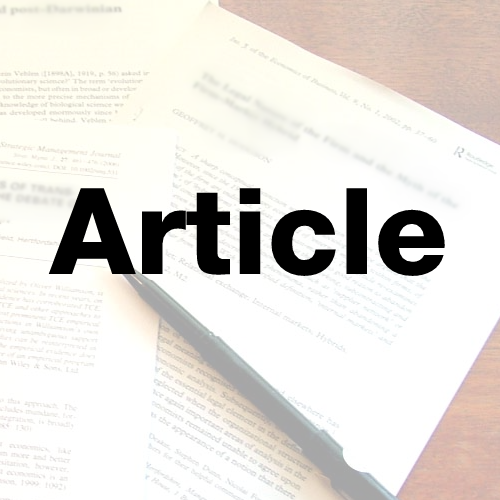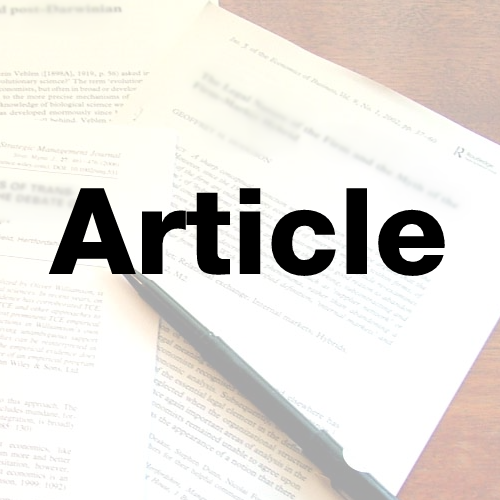Description
Being Human…
Phil Jump questions the philosophy behind Artificial Intelligence
It is a sobering reality to discover that there are pupils now doing for computer studies GCSE, the sort of things that I was doing in the early days of my post-graduate career. At the time, I was being heralded as cutting edge, highly skilled and consequently able to occupy quite a senior position. As I reflect on how things have changed, I remember my physics teacher telling me during a lab session in my own school days “you do realise that Faraday would have got a Nobel Prize for doing this?” Such I guess is the pace of technology.
It is also being recognised that the development of technology, more than just about anything else, is likely to affect the nature and scope of work in the years ahead. Less than 20 years ago office blocks were being described as useless because they did not have the floor ducting to cope with the ubiquitous cabling that was required for the “VDU” revolution.
Now with the advent of WIFI, people are wondering why they bothered making all the changes! With data now kept in “clouds” we can perform many once “office bound” tasks in coffee shops, supermarkets and even on the train home.
But such advancements have now reached a whole new scale with the advent of robotics and virtual learning. What was once the stuff of Sci-Fi movies is now well within our grasp, with reports of devices that can replace chefs, care workers and even taxi drivers! Technology will no
longer simply change the way we work – it threatens to replace us! A key factor behind the latest advances is that machines are no longer simply being programmed to do what we
ask, but with Artificial Intelligence are learning things for themselves.
Such advances are worth celebrating, but along with them, questions are being asked about what it is that then makes us human. If machines can think, learn, move and interact, is there any aspect of our humanity that is beyond replication? What is left that makes us unique, or from a Christian point of view that defines us as made in the image of God? Is this the latest frontier on which the values of our faith will be assaulted?
The full article is available for downloading here





